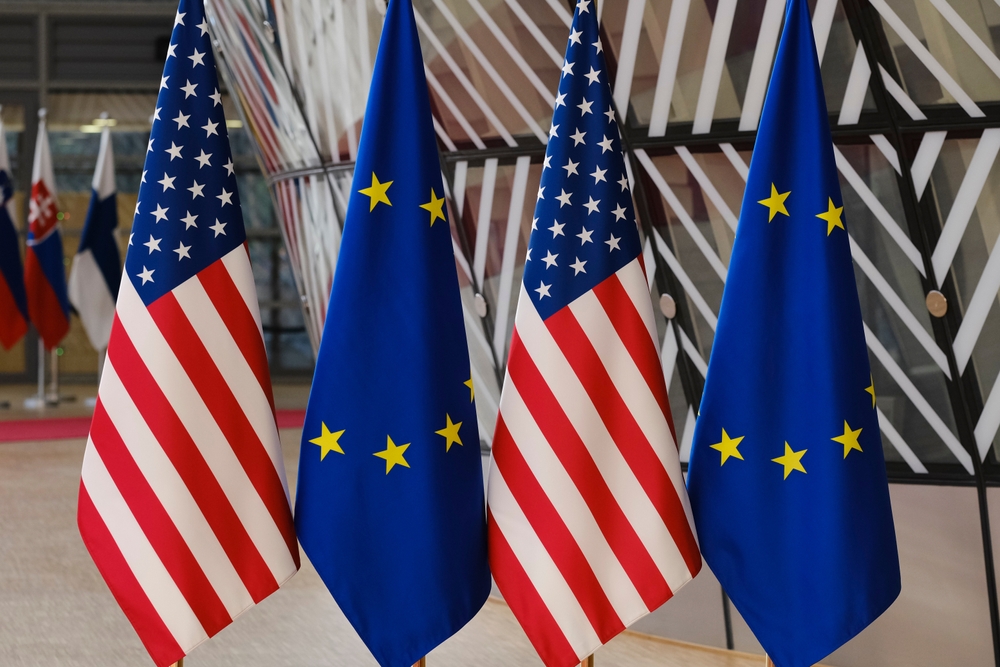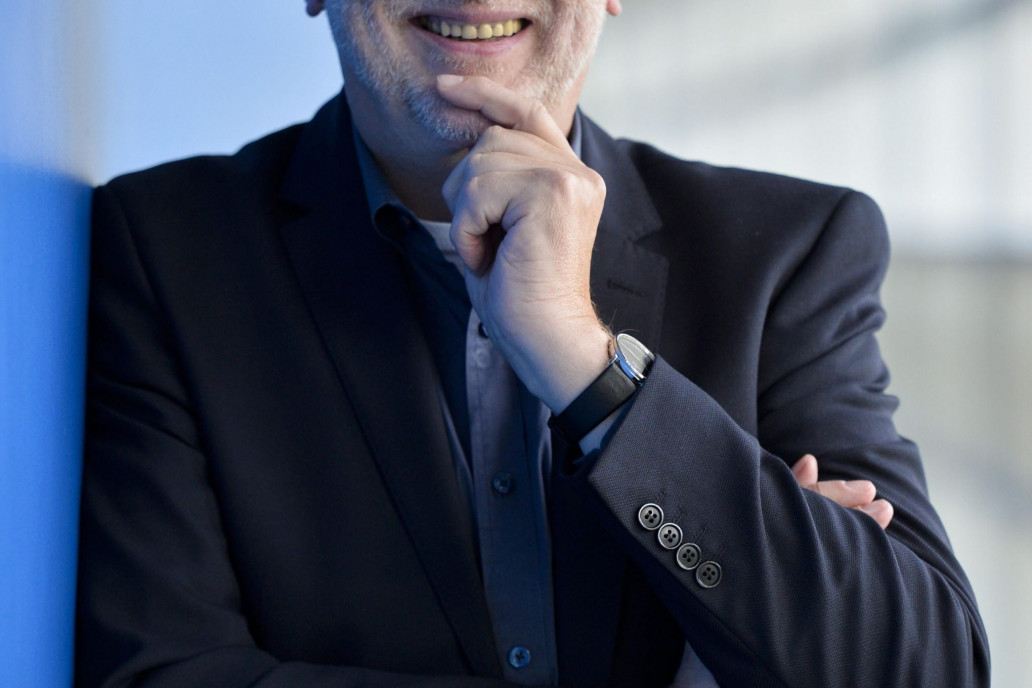Part 1: A Broad Overview of the Challenges
Europe faces significant challenges in revitalizing its future amid a complex global environment marked by geopolitical tensions, technological shifts, and social uncertainties. The 80th European Forum Alpbach 2025, one of the most continuous and renowned focal points of thought about the continent, emphasized the urgent need for Europe to adopt a forward-looking approach centered on “more future” to sustain its competitiveness and social cohesion.
Forum’s focus on Europe’s future
The 80th European Forum Alpbach highlighted Europe’s need to recharge its energy and dynamism to prevent stagnation in a difficult geopolitical context, questioning how to rejuvenate the European project without resorting to models like China’s or US nationalism.
Concept of “Reglobalization”
The forum framed current global changes as a phase of “Reglobalization”, where present and future increasingly merge. This situation demands for new instruments for anticipating and shaping not only wishful, but also possible futures amidst accelerating uncertainty.
Multiple coexisting futures
In democratic societies, the notion of a single “future” is replaced by multiple, often conflicting concepts of “futures” shaped by different social groups. This makes future work a key factor for social cohesion and new solidarities.
Global increase in future-oriented activities
Worldwide, there is a surge in institutions and reports focusing on foresight, anticipation, and futures literacy, supported by advanced methods like horizon scanning or scenario planning. All of them are dedicated to better manage unpredictability.
Educational and institutional developments
Universities and organizations globally are expanding futures studies programs, education courses and labs, such as those in Arizona, Dubai, South Africa, Finland, and Italy, fostering future competencies essential for governance and innovation.
Europe’s lag in future preparedness
Globally, despite being the most socially just continent, Europe lags behind in future-oriented governance, innovation, and education. This is due to bureaucratic and risk-averse approaches hindering its technological and social progress.
Consequences of neglecting future work
This neglect has contributed to Europe’s falling behind in eight of ten key technology fields, with major reports expressing concern over Europe’s insufficient future orientation. They urge enhanced future competence for economic and cultural strength.
Calls for institutionalizing futures research
Experts advocate for stronger institutional support for futures research and education in Europe to address sustainability and competitiveness challenges, highlighting initiatives that need wider adoption.
The full article in German is available here.
Continue reading: Part 2 – How Europe Can Reclaim Its Future
 In 2025, Roland Benedikter was a member of the jury for the Euregio Young Researchers' Award at the European Forum Alpbach. He is UNESCO Chair in Anticipation & Transformation and co-director of the Centre for Advanced Studies at Eurac Research in Bolzano, as well as a full member of the Association of Italian UNESCO Chairs ‘Rete delle Cattedre UNESCO Italiane’ (ReCUI) and the European Academy of Sciences and Arts. From 2019 to 2023, he was a member of the BMBF Future Circle for the German Federal Government, from 2024 to 2025 a member of the Scientific Advisory Board for the Dubai Global 50 Future Opportunities Report 2025, and since 2025 he has been a member of the Board of Trustees of the Forum for Sustainable Management in Munich. He is co-editor or advisory board member of the journals New Global Studies (de Gruyter), Harvard International Review (Harvard), Studi Politici (Sapienza Università di Roma I), Attualità Pedagogiche (Università degli Studi di Salerno) and the Brill book series Global Populisms.
In 2025, Roland Benedikter was a member of the jury for the Euregio Young Researchers' Award at the European Forum Alpbach. He is UNESCO Chair in Anticipation & Transformation and co-director of the Centre for Advanced Studies at Eurac Research in Bolzano, as well as a full member of the Association of Italian UNESCO Chairs ‘Rete delle Cattedre UNESCO Italiane’ (ReCUI) and the European Academy of Sciences and Arts. From 2019 to 2023, he was a member of the BMBF Future Circle for the German Federal Government, from 2024 to 2025 a member of the Scientific Advisory Board for the Dubai Global 50 Future Opportunities Report 2025, and since 2025 he has been a member of the Board of Trustees of the Forum for Sustainable Management in Munich. He is co-editor or advisory board member of the journals New Global Studies (de Gruyter), Harvard International Review (Harvard), Studi Politici (Sapienza Università di Roma I), Attualità Pedagogiche (Università degli Studi di Salerno) and the Brill book series Global Populisms.
Copyright Header Picture: Shutterstock_Mike Mareen
Könnte Sie auch interessieren
2. Februar 2026


